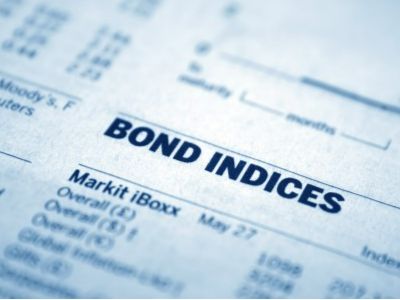HSBC: Maintaining a neutral stance on mainland China and Hong Kong stocks, bullish on high-quality high-yield state-owned enterprises with significantly lower valuations compared to their peers in the same industry.
2024-09-26 16:02
HSBC Private Banking and Wealth Management Asia Chief Investment Officer Fan Zhuoyun expressed investment views on China's stimulus economic plan.
HSBC Global Private Banking and Wealth Management Asia Chief Investment Officer Fan Zhuoyun expressed his investment views on the Chinese economic stimulus package. He holds a neutral view on Chinese mainland and Hong Kong stocks and believes that high-quality industry leaders with undervalued valuations provide short-term rebound opportunities. These high-quality companies have strong earnings, and some have the potential to increase shareholder returns through increased dividends and share buybacks. Compared to the 12-month price-to-earnings ratios of 20 times for the MSCI World Index and 21.7 times for the S&P 500 Index, the Hang Seng Index and MSCI China Index currently have price-to-earnings ratios of 9.4 times and 9.5 times, indicating a significant discount in valuations.
The People's Bank of China, China Securities Regulatory Commission, and China Banking and Insurance Regulatory Commission jointly announced a comprehensive economic stimulus package on September 24, reflecting the Chinese government's stronger urgency to restore market confidence and adopt a more proactive loose monetary policy. The scale and pace of the new round of loose policies exceeded conservative market expectations.
The unexpected reduction of the down payment ratio for second homes from 25% to 15%, in line with first-home mortgages, may indicate a possible change in real estate policies. This shift from the previous emphasis on housing for living, not for speculation, to welcoming investors to enter the market for home purchases. The scale of re-lending for affordable housing has been increased to 300 billion RMB, which should help accelerate the destocking of unsold homes.
Positive outlook for high-yield state-owned enterprises and blue-chip technology leaders with stable profits and valuations significantly lower than global peers. In the Hong Kong market, optimistic about undervalued high-yield stocks in the insurance, telecommunications, and utilities sectors, as well as some oversold but financially sound real estate developers.
Regarding bonds, it is expected that the long-term low interest rate environment in China will support investment-grade bonds, but the current 10-year Chinese government bond yield is at a historical low of 2%, so there is limited downside potential. Maintaining a neutral view on Chinese renminbi bonds and major currency bonds. Maintaining a neutral view on the US dollar against the renminbi, with a forecast of 7.2 by the end of 2024.
RECOMMEND

AMAC: In January, 137 new asset-backed special plans were filed, with a total scale of 1122.64 billion yuan.
26/02/2025

Schroder Investment: Investors should consider allocating funds to securitized credit and insurance-linked securities.
26/02/2025

Reuss County Asset Annual Reflection: Policy Tipping Point is very clear. The semiconductor industry in 2025 is a game for the brave.
26/02/2025


